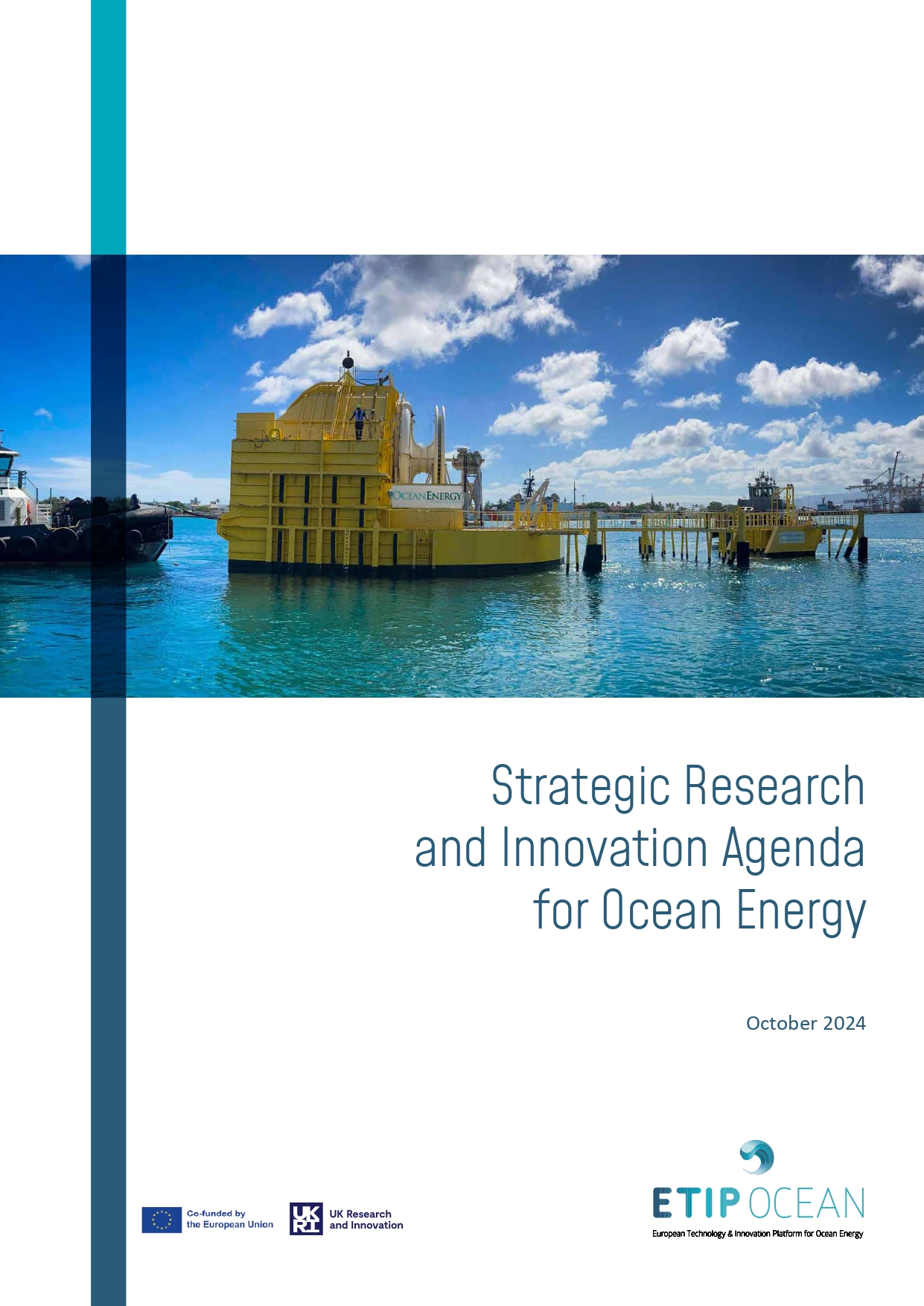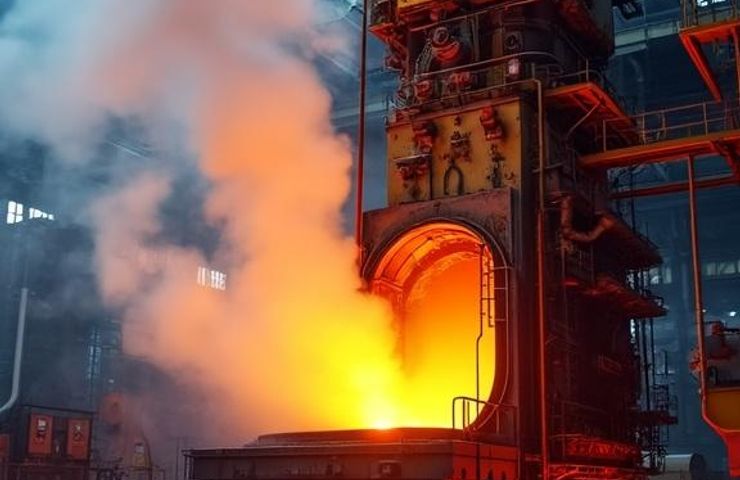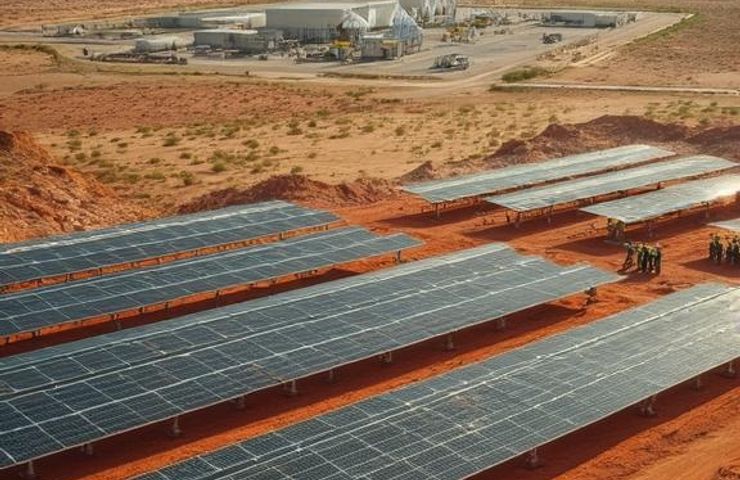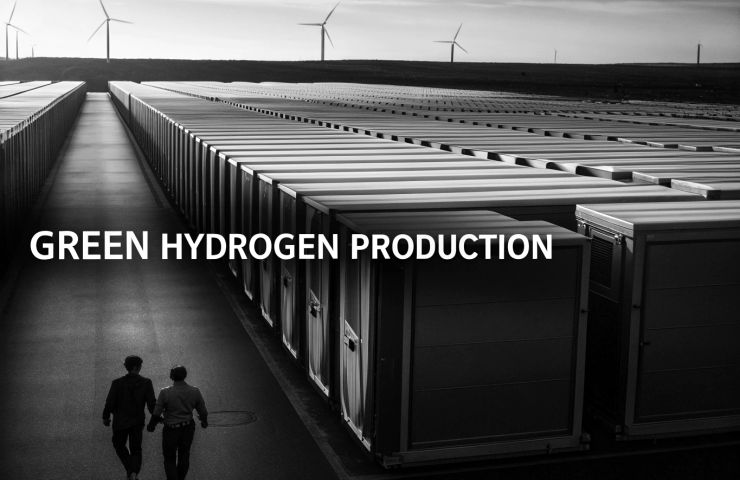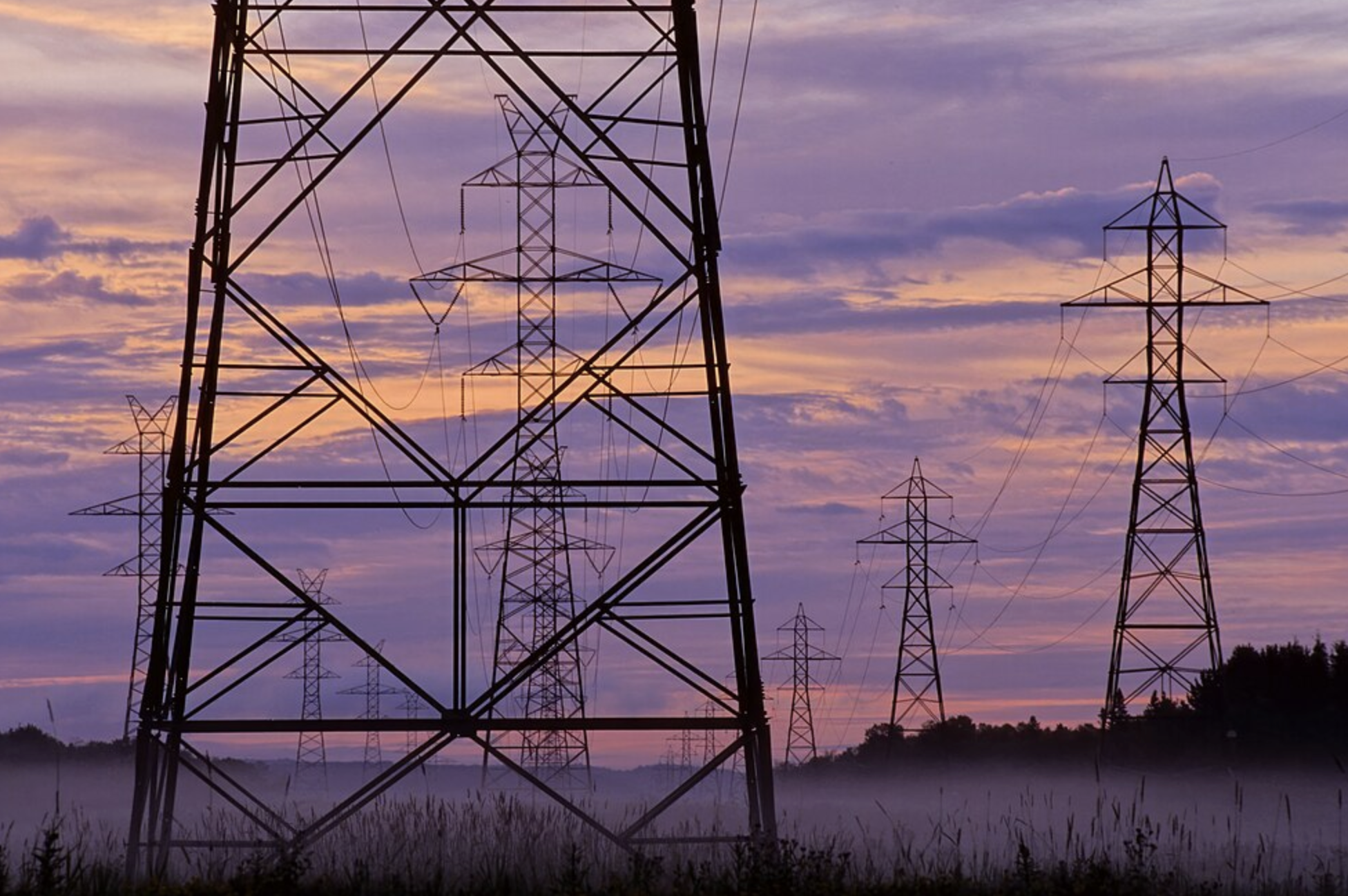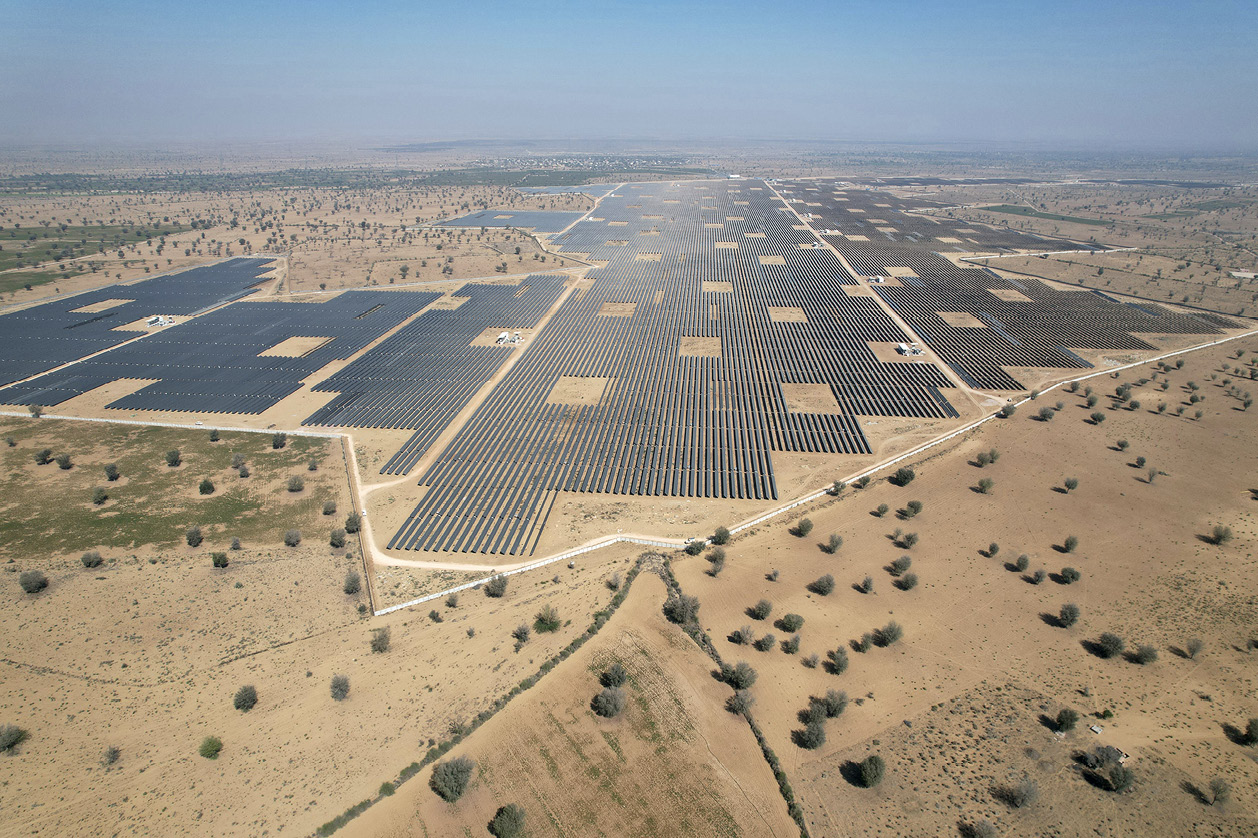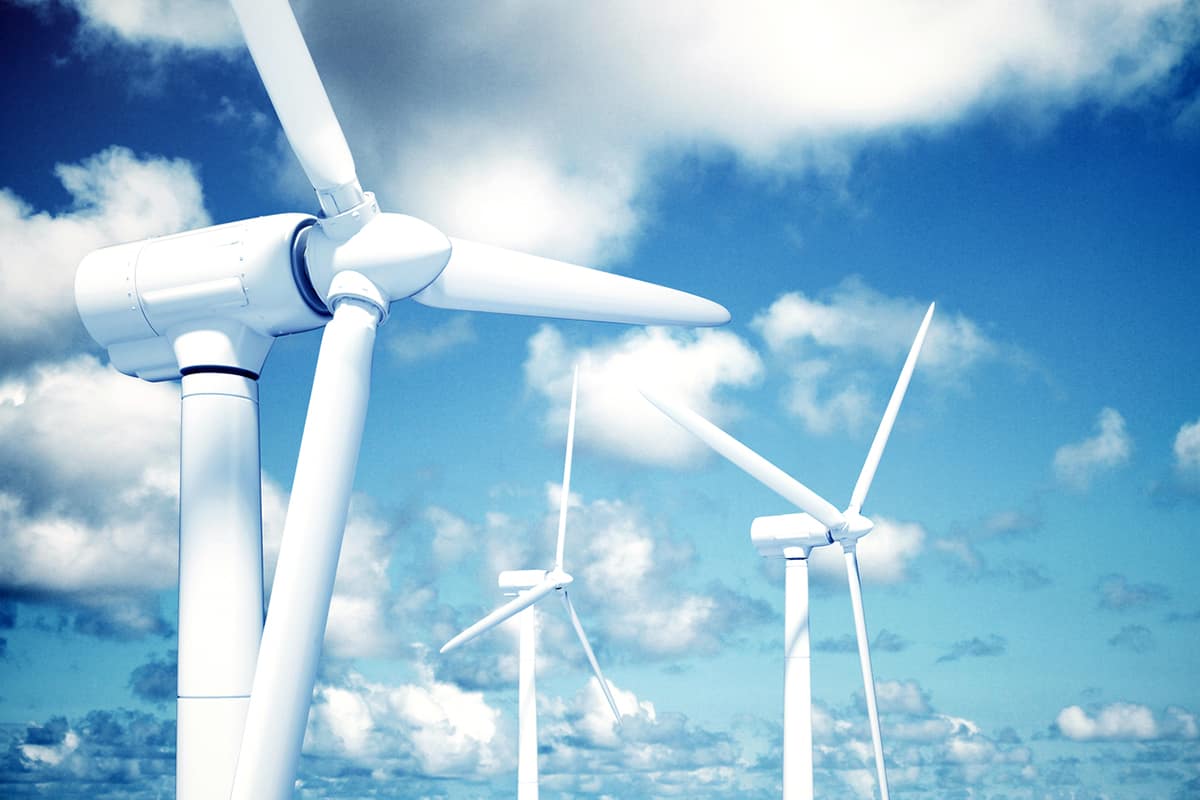High Santee Cooper Bills? Expiring Tax Credits Could Help
As SACE predicted, South Carolina utility Santee Cooper's new peak charges are producing customer bill increases much larger than the advertised 9 percent. Expiring federal tax credits can help customers control their bills. The post High Santee Cooper Bills? Expiring Tax Credits Could Help appeared first on Southern Alliance for Clean Energy (SACE).

As predicted, Santee Cooper’s newfangled rates are producing high customer bills.
Last year, Santee Cooper announced that starting in April 2025, it would include a new peak-time charge that would raise average residential rates by about 9%. SACE, small businesses, the state’s office of consumer advocate, and many individual customers opposed Santee Cooper’s approach because it arbitrarily bases monthly bills on a customer’s single hour of highest peak usage rather than the customer’s pattern of usage over the whole month. SACE and others warned that many people would receive much more than a 9% increase, even if they help Santee Cooper out by lowering peak usage on multiple days. For instance, a customer who saves peak energy every day of the month except one could receive the same peak charge as one who had high peak usage every day. Santee Cooper, nevertheless, implemented its single-hour peak charge.
Below are data from actual bills in a 1450-square-foot Conway, SC home before and after the rate increase:
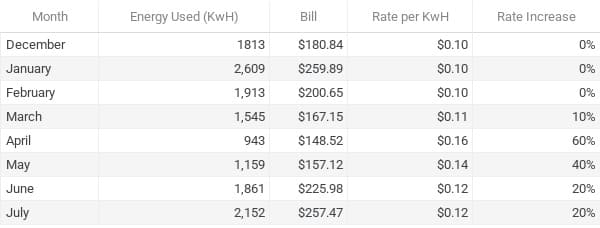
This April bill is over $50 higher than it would have been under the old rates — a whopping 60% rate increase. Every monthly bill exceeds a 9% increase, and this customer is on track to pay over $500 per year more than she would have under the old rates.
This $500 addition to the household budget could be just the beginning because Santee Cooper is launching a multi-billion-dollar capital expansion plan that is likely to particularly add to the peak charge in future years.
If you are a Santee Cooper customer, how can you control these bills?
Santee Cooper advises customers not to wash or dry clothes, run the dishwasher, or use any unneeded energy during the three-hour peak times (3 PM to 6 PM in summer and 6 AM to 9 AM in winter). This is good advice as far as it goes, but unfortunately, this strategy requires perfection: if there is even one hour of high usage during the peak time window, you get no credit for avoiding peak-time usage on the other days of the month.
A more certain strategy (which you can implement in addition to shifting your peak usage to off-peak periods) is to make three changes to your home, which will also make it more comfortable.
First, nearly every home is leaking air from HVAC ductwork, floor baseboards, and other locations that you can’t see and never think about. This leakage brings humidity into your home, which makes your HVAC, your biggest energy user, work harder. Similarly, spotty, poorly installed, or thin attic insulation makes your HVAC work extra hard, using more energy exactly during the peak hours that cost the most. The answer is to get a professional to perform an energy audit using a “blower door” test and seal all the leaks and properly insulate. A federal tax credit of up to $1,200 to help pay for this work expires at the end of 2025!
Second, when it comes time to replace your HVAC system, buy an Energy Star heat pump or A/C that exceeds the minimum federal efficiency standard. To their great credit, Santee Cooper gives a $400-$500 rebate for an efficient heat pump, and for the rest of this year, there are federal tax credits of up to $2,000.
Folks with an older HVAC unit may notice that it has become very expensive (often over $1,000) to replace refrigerant because the old refrigerant has been phased out. If you are in this situation, it may make sense to replace your HVAC unit early, thereby saving over $3,500 ($2,000 tax credit plus $500 rebate plus $1,000 avoided refrigerant cost plus lower Santee Cooper bills) while the $2,000 tax credit is still available.
Third, replace your water heater with a heat pump water heater. Water heating is the second biggest home energy use after HVAC. The new heat pump water heaters (available at Lowe’s and Home Depot) use a remarkable 1/3 the electricity of regular water heaters. They are more expensive, but Santee Cooper will give you a $400 rebate and, again, a federal tax credit available only for the rest of the year offsets most of the difference. If your water heater is indoors, there is also a summer benefit because the heat pump water heater blows cool, dry air into your living space.
A special warning for customers with tankless electric hot water or electric vehicles: your tankless water heater draws a lot of current, so it will be expensive if you shower during the peak times. One cheap way to reduce this cost (for any water heater) is to install a low-flow shower head.
Similarly, if you have an electric vehicle, make sure to take advantage of Santee Cooper’s special EV rate and set your charger so that it does not charge during peak hours. While the first hour of charge could cost you $50-90 during peak hours, Santee Cooper will let you charge for dramatically less between 11 PM and 5 AM — a little over a penny per mile! At that price, you are beating the cost of gasoline by a huge margin (5 cents per mile for a new Toyota Prius or 14 cents per mile for a new Ford F-150).
In summary, it appears that Santee Cooper residential rates have gone up more than the advertised 9%, and its peak energy charges are difficult to avoid even if you pay attention on most days. SACE and others made reasonable recommendations to enable customers to be more fairly rewarded for reducing peak usage, but those recommendations did not take hold. We at SACE will continue to advocate for rates that constructively engage customers to reduce utility system costs. In the meantime, Santee Cooper customers can try to lower bills by adjusting cooking and cleaning schedules. A more certain, lasting strategy is professional attic insulation and air-leak sealing in the home, and making the two biggest energy uses (HVAC and hot water) efficient. Tax credits are available for a few more months to help, and switching to an EV could help if it is charged on the right plan. The great benefit of all of this effort is not merely to lower bills, but also to have a more comfortable home.
The post High Santee Cooper Bills? Expiring Tax Credits Could Help appeared first on Southern Alliance for Clean Energy (SACE).
What's Your Reaction?














